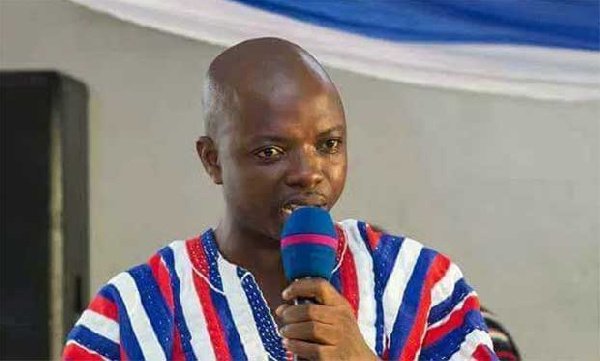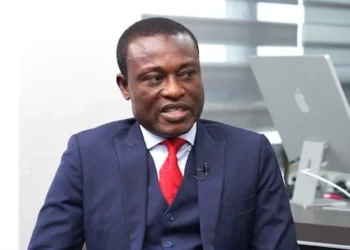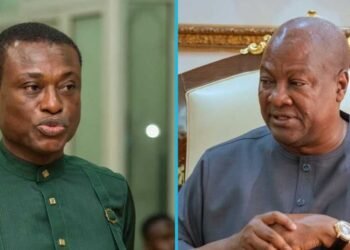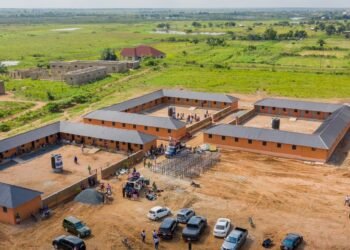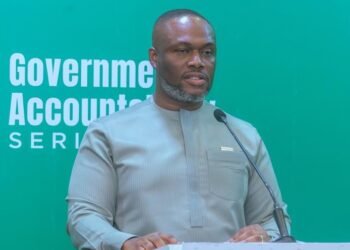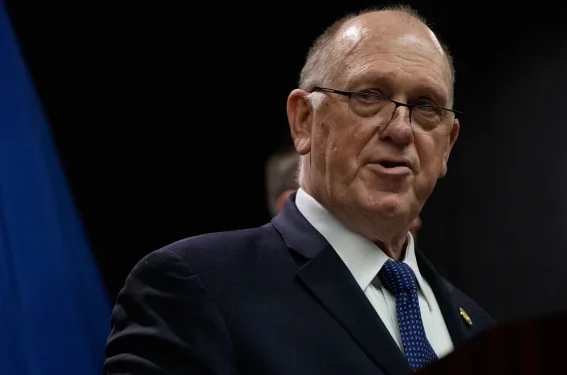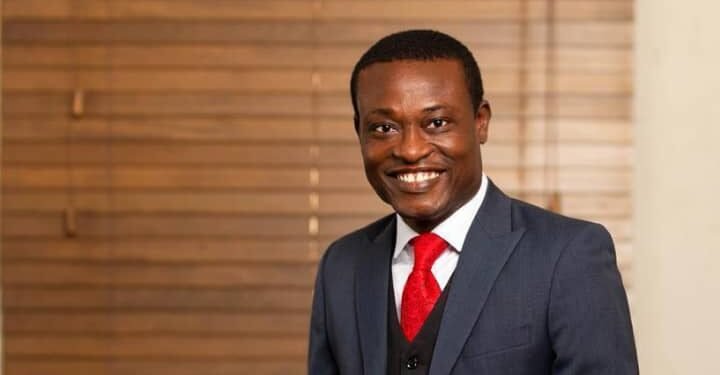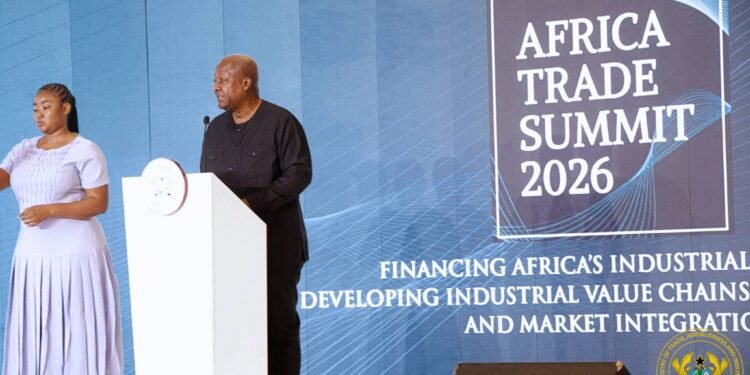The decision by the Accra Circuit Court to once again remand Kwame Baffoe, popularly known as Abronye and serving as the Bono East Regional Chairman of the New Patriotic Party (NPP), has triggered sharp criticism from sections of the legal fraternity.
Prominent lawyers have described the repeated remand of Abronye over what they insist is a simple misdemeanor as an abuse of constitutional safeguards and a dangerous erosion of personal liberties.
One of the most strident critiques came from legal practitioner and activist Osagyefo Mawuse Oliver Barker-Vormawor, who argued that the case is emblematic of a judiciary that has become complicit in the politics of vengeance.
For him, the trend poses a threat not only to the individuals directly affected but to the very foundations of Ghana’s democracy.
“The fact that Abronye keeps getting remanded over a common misdemeanour is an affront to all our rights. We should all be afraid by the constant cheapening of our constitutional rights to personal liberty.
“But yesterday they were busy cheering when it was me. So today, you are also doing the cheering when it is them. Till the noose is around both your own necks. You are without political supporters or money. Then you will be in my inbox asking for pro bono services.”
Osagyefo Mawuse Oliver Barker-Vormawor
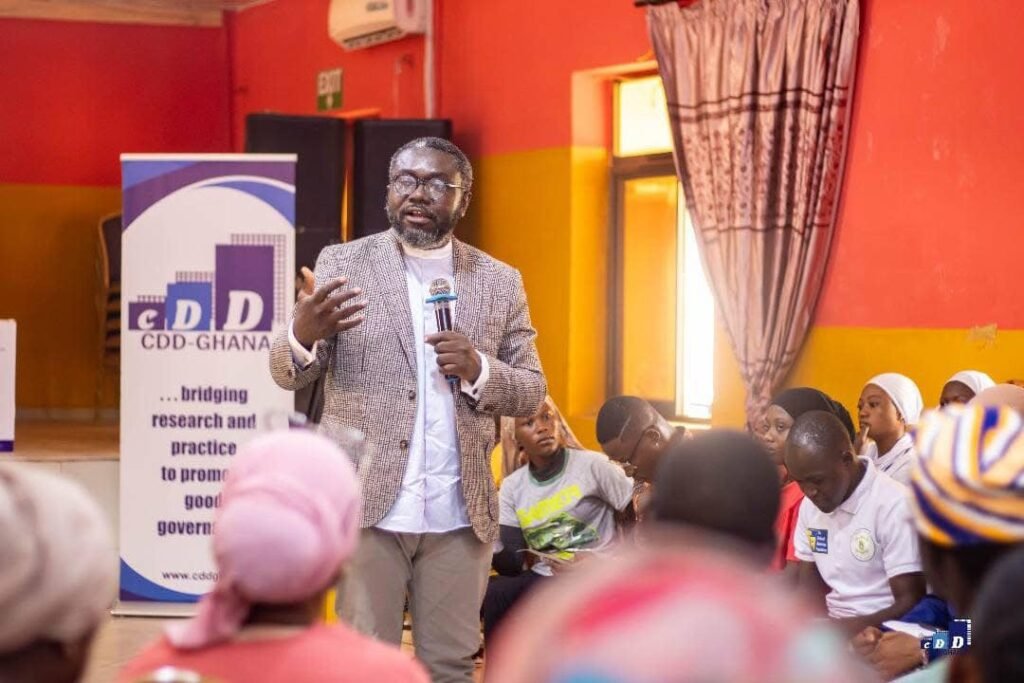
Barker-Vormawor’s intervention underscores his long-standing critique of what he describes as a judiciary that has failed to assert its independence. According to him, the courts should serve as a bulwark against political manipulation and arbitrariness, yet they have increasingly become “the weakest link in our democracy.”
“Our Courts are the weakest link in our democracy. They enable the politics of vengeance and irresponsibility. When we say that our Courts lack the backbone or independence, don’t jubilate. Pray. Pray without ceasing! Our Democracy is a death trap! Fix it”.
Osagyefo Mawuse Oliver Barker-Vormawor
His sentiments reflect a growing unease about how the law is applied in cases involving politically exposed persons. Critics insist that while Ghana’s constitution provides for bail as a safeguard against arbitrary detention, the courts have increasingly treated this right as discretionary in ways that undermine personal liberty.
Criticisms of high-handed
Another lawyer, Francis Boye, added his voice to the criticisms, describing the state’s treatment of Abronye as both high-handed and unnecessary.
Boye, who has represented clients facing similar ordeals, said that the arbitrary remanding of accused persons on misdemeanor charges was symptomatic of a deeper rot in Ghana’s criminal justice system.
“The word misdemeanor has been trending for the last few days. Some months ago, I was roaming around looking for which police station in this town my clients were kept in.
“As lawyers the police didn’t even deem it necessary to provide us a list of where our clients were being held. The then Attorney General did everything humanly possible to ensure that these young Ghanaians were denied bail. And oh, they were held on misdemeanors too.”
Francis Boye
Boye went further to point out what he described as hypocrisy in the reactions of some sections of the legal community and political actors.

He accused some of those now loudly condemning the court’s treatment of Abronye of having been silent—or even supportive—when the same machinery of the state was deployed against young activists and political opponents in the recent past.
“You see, how these young people were treated isn’t the only problem exactly. The problem is those of you, especially lawyers, giving lectures on what a misdemeanor is today and how you were as mute as death weeks ago. Some of you actually cheered your darling AG on. The pain was on the other leg so you cared less”.
Francis Boye
According to Boye, the pattern of abuse is not limited to the present government but has become entrenched across administrations. “The police never change; it is the faces behind their instructions that change after every electoral cycle, ” he said.
I have, for instance, seen the same police officers who were used to frustrate us yesterday escorting Abronye today,” he remarked, cautioning against selective outrage and calling for principled consistency in defending the rule of law.
“We need to be deliberate about building this democracy. We shouldn’t only start preaching the need to stop human rights abuse only when we are at the receiving end.
“That is hypocrisy, dishonesty, and lack of principles. I pray we get to the point where we call wrong out even when it’s not being meted at us. Nobody knows tomorrow after all.”
Francis Boye
Boye concluded with a broader warning about the misuse of bail applications as a tool of political punishment:“Why should a Ghanaian be subjected to such high-handed treatment over a misdemeanor charge? Completely unnecessary. We have to stop this!

“The grant of bail cannot and should not be used to punish those with whom we disagree. If the state doesn’t have proof that an accused person is unlikely to appear before the court on the next court date, why oppose a bail application?”
Francis Boye
The remand of Abronye has thus reignited a long-running debate about the independence of the judiciary, the abuse of prosecutorial discretion, and the fragility of Ghana’s democratic institutions.
For many critics, the case has gone beyond partisan loyalties and exposed the urgent need for reforms that strengthen constitutional protections against arbitrary detention.
READ ALSO: SIC-FSL MD Slashes Salary by 20% to Restore Stability

